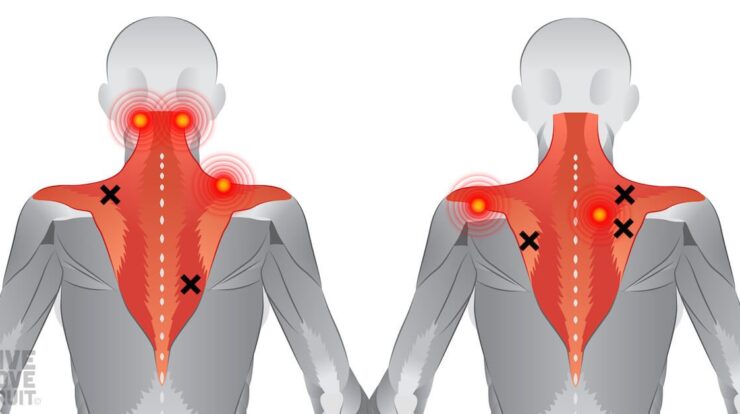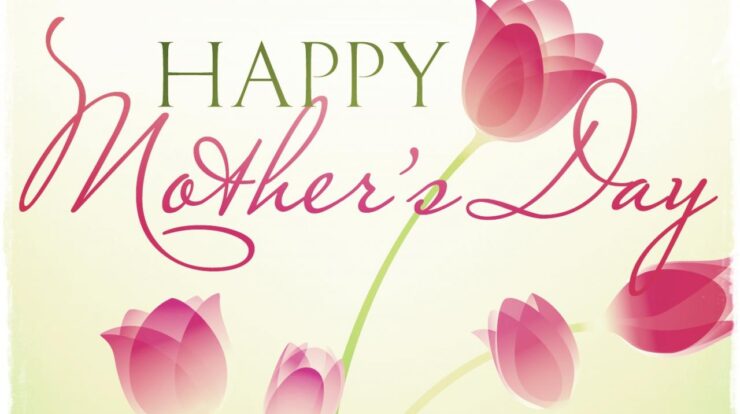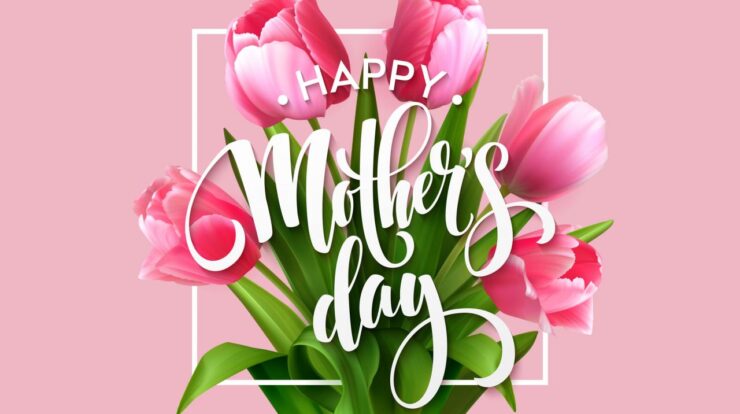
Embarking on a journey to unravel the multifaceted concept of wrap meaning, we delve into its linguistic roots, figurative nuances, cultural significance, and practical applications. From its humble beginnings to its profound impact on diverse aspects of life, wrap emerges as a captivating subject worthy of our exploration.
Beyond its literal definition as an action or object, wrap holds a treasure trove of metaphorical meanings, weaving its way into our language to express abstract ideas and emotions. Cultural traditions and practices around the world have embraced wrapping as a symbol of protection, reverence, and celebration.
Word Definition: Wrap Meaning

The verb “wrap” means to cover or enclose something by winding or folding material around it. As a noun, “wrap” refers to a material or covering used to wrap something.
Etymology and Origin
The word “wrap” traces its roots back to the Old English word “wreppan,” which means “to twist” or “to fold.” It has also been influenced by the Middle English word “wrappen” and the Old Norse word “reifa,” both of which carry similar meanings.
Synonyms and Antonyms
Synonyms:
- Cover
- Enclose
- Envelope
- Swathe
Antonyms:
- Uncover
- Unfold
- Expose
Figurative Meanings
Beyond its literal meaning, “wrap” is also used figuratively to describe abstract concepts and emotions. For instance, “wrapped in love” suggests being deeply immersed in affection, while “wrapped in mystery” implies something shrouded in secrecy.
Cultural Connotations
In many cultures, wrapping is associated with protection, secrecy, and preservation. For example, in Japanese culture, the art of furoshiki involves using cloth to wrap and transport various items, demonstrating the cultural significance of wrapping.
Practical Applications
Wrap has practical applications in various fields:
- Packaging:Wrapping materials protect and preserve goods during storage and transportation.
- Construction:Wraps are used to insulate pipes, seal joints, and protect surfaces.
- Fashion:Wraps can be used as scarves, shawls, or accessories to enhance an outfit.
Related Terms and Concepts, Wrap meaning
Related Terms:
- Unwrap:To remove a wrap or covering
- Wrap-around:Something that wraps or covers all around
- Wrapper:A material used to wrap something
Concluding Remarks

As we conclude our examination of wrap meaning, we recognize its versatility and profound influence. Its linguistic origins, figurative depth, cultural significance, and practical applications paint a vibrant tapestry of human expression and ingenuity. Understanding wrap in all its dimensions enriches our vocabulary, enhances our cultural awareness, and empowers us to harness its potential in countless ways.
Quick FAQs
What is the origin of the word “wrap”?
The word “wrap” traces its roots back to the Old English word “wreppan,” meaning “to cover or envelop.”
What are some common synonyms for “wrap”?
Synonyms for “wrap” include envelop, cover, fold, and enclose.
Can you provide an example of the figurative use of “wrap”?
The phrase “wrapped in thought” figuratively describes a state of deep contemplation or preoccupation.
What are some cultural practices that involve wrapping?
Wrapping gifts, swaddling babies, and using fabrics for religious ceremonies are examples of cultural practices that involve wrapping.






